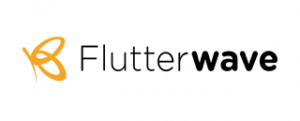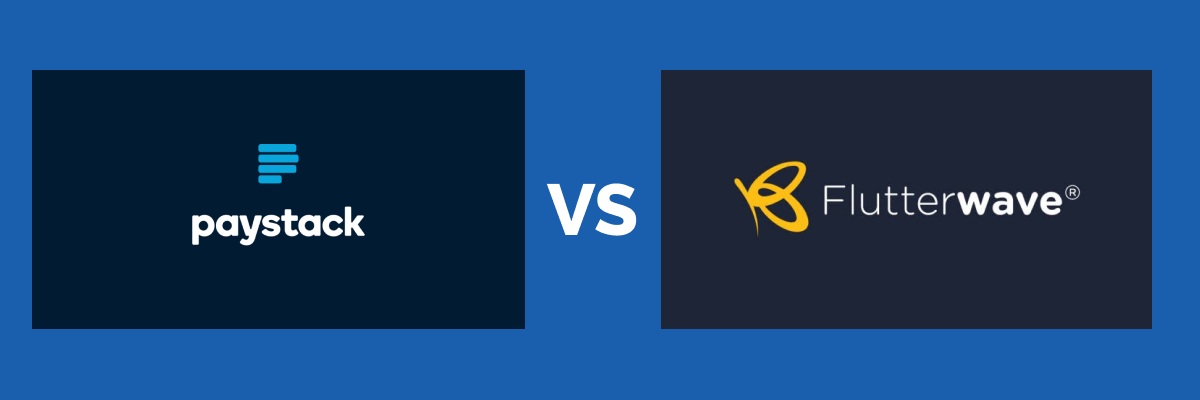last Updated on July 11, 2023
Paystack and Flutterwave started out as online payment gateways in Nigeria but have now become more than that. Paystack was recently acquired by Stripe for $200m while Flutterwave is now available in 17 countries and counting.
Both these two payment companies are powering institutions, businesses, entrepreneurs, creators and freelancers on the African continent.
In this Paystack vs Flutterwave review, we will look at the features of both platforms, how they compare and which of them to choose based on different unique circumstances.
791 People are Reading: Trove vs Bamboo: Which is the Best Stock Broker for You?
Paystack vs Flutterwave: At a Glance


Launched in 2015, Paystack is a tech company in Africa that helps both individuals and businesses collect online payments securely and easily from anywhere in the world. Paystack got acquired by Stripe.
Paystack is used by over 60,000 businesses, and the company does over $1 billion in monthly transactions.
This payment company also offer localized payment options such as mobile money You can accept payments from internationally-issued cards, display prices in USD, and also get settled in USD with Paystack.


Flutterwave is a payment company that provides offline and online payment solutions for organizations, businesses, merchants, and individuals in Africa.
With Flutterwave anyone can collect payment or money through debit and credit cards, bank transfers, USSD and POS. Flutterwave also allows you to make payments online by allowing you to create virtual dollar cards. You can also create a Flutterwave store to sell online, perform money transfer transactions between countries and continents as well as access business loans from the fintech company.
2839 People are Reading: How to Start a Free Online Store in Nigeria
Paystack vs Flutterwave: Features and Accessibility
Both Paystack and Flutterwave allow businesses and individuals to easily get paid locally and internationally. Both these companies are both similar in operation and function.
They are so similar in what they do that it can be hard to separate them. Let’s take a look at individual features and how they compare to each other.
Features List: Paystack vs Flutterwave
Setting up a Paystack and Flutterwave account is completely free. You only get charged a small percentage whenever there’s a payment transaction on your account.
You can sign up for Paystack and a Flutterwave account, and start receiving payments in a couple of minutes.
Here is a comprehensive list of things you can do with both Paystack and Flutterwave:
- Collect one-time payments from customers with payment links and invoices from your account.
- Collect recurring payments (Subscriptions and memberships) from your app or website
- Make instant transfers
- Retrieve all your transaction and customer data
- Verify the identity of customers
- Understand exactly how your business is performing through detailed reporting, alerts, and exports, so you and your team are always on top of business.
- Super easy reconciliation.
- Detailed reports on successful, abandoned, and failed transactions
- Automated chargeback alerts.
- Analyze customer purchase patterns with Customer InsightsCustomers can pay through their Card, Bank Account, Bank Transfer, USSD, Visa QR and Mobile Money.
- Easily create a free online store for your business with Paystack Commerce. You can also get a free online store with the Flutterwave store. You can also build custom payment experiences with Paystack and Flutterwave well-documented APIs.
Flutterwave has the same similar feature set as Paystack when it comes to collecting payments. The difference between both platforms’ features is that:
- You can create virtual Mastercard and VISA cards for yourself and other people with Flutterwave *(this service is suspended for now).
- You can also register your business with Flutterwave’s Grow Service
- As well as access business loans with the Flutterwave Capital Service,
- And embed financial services into your products.
Paystack doesn’t have the Flutterwave features we just mentioned above.
Pricing & Fees: Paystack vs Flutterwave
Both Paystack and Flutterwave do not charge a fee for signing up. They don’t charge any maintenance fee either.
They only charge a transaction fee whenever there’s a transaction is processed on your account.
Here is a breakdown of the fees both Paystack and Flutterwave charge:
For Local transactions, Paystack charges 1.5% + N100(for every transaction above N2500). While Flutterwave charges 1.4% per transaction. The maximum charge for any transaction on Paystack or Flutterwave is N2000.
For International payments, Paystack charges a processing fee of 3.9% + NGN100. While Flutterwave charges a processing fee of 3.8% per transaction.
What is the difference between Paystack and Flutterwave?
The significant difference between Paystack and Flutterwave is that other than collecting payments, Flutterwave also allows you to make payments online using virtual dollar cards, receive money transfers from US & UK register your business and also get a business loan.
3,371 People are Reading: Best SME Loans in Nigeria
Choosing Between Paystack and Flutterwave
It’s hard to choose a winner between these two, because of how similar they are. If I were a small business looking to easily accept payments online, I’ll go with Paystack as you can start accepting payments with the platform without needing a Corporate Bank Account or company registration document.
If you are already a registered business in Nigeria and you’re just looking for a cheaper option, then you can use Flutterwave as it has slightly lesser fees than Paystack. If you want to be able to make online payments with either platform then Flutterwave should be your choice with its virtual dollar card feature.
Or you can be like me and have both a Paystack and a Flutterwave account. They are both free, so what are you waiting for?


Leave a Reply